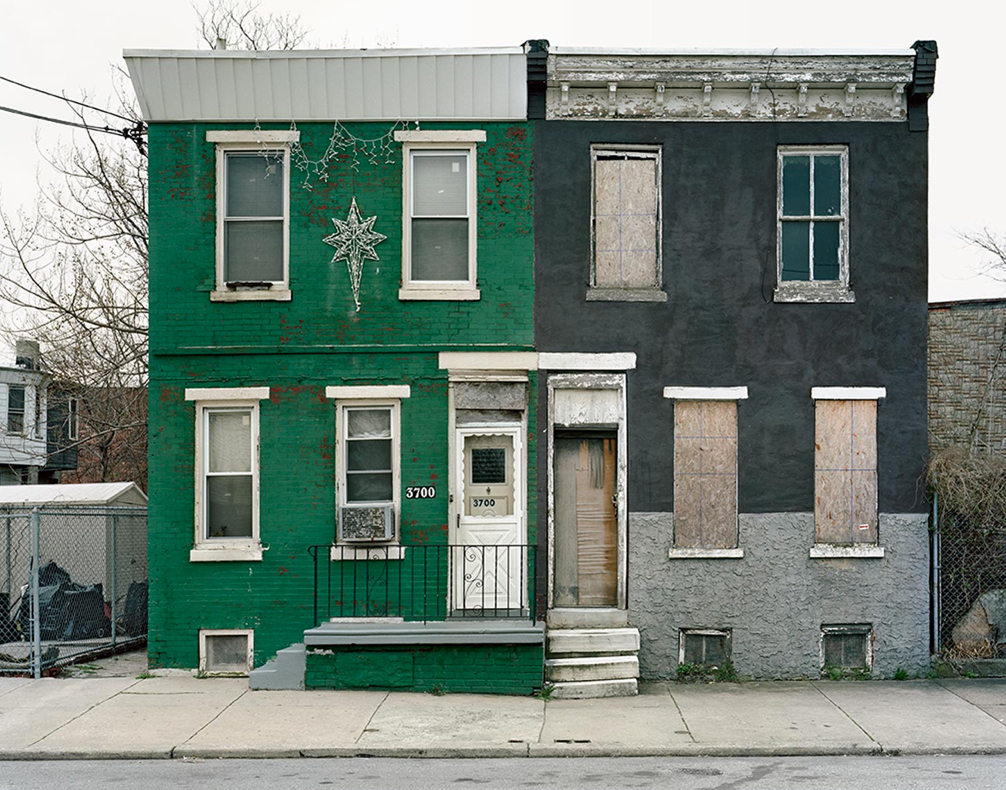Event
The Necessity of Blight: Race, gender and capital in the making of North Philadelphia's material landscape
Presenters; Tali Ziv, PhD student Penn Anthropology, and Gabriel Dattatreyan, faculty Haverford College, Anthropology & Africana Studies

Discussant: Deborah Thomas, Penn Professor of Anthropology and Africana Studies
Abstract
Various schools of thought have conceptualized racialization as a dynamic, dialectical process that poses the racialized “other” as integral to the maintenance of White dominance. These machinations span cultural, psychic and political-economic realms and help us understand why -- despite systematic dehumanization, subordination and separation -- White hegemony clings to the racialized other out of necessity. And thus, we can outline what operates as a push-pull relationship, the balancing act of differentiation (push) and integration, need and desire (pull). This essay finds its object nestled in this dynamic, in the machinations of this ambivalent relation within the context of urban “blight”. We are interested, specifically, in the manifestations of this dynamics material, political-economic dimensions: the domains of labor, welfare and urban space that converge in the landscape of the city. We conceptualize landscape as the material infrastructures and lived habitations of the city that can be read as text in the publically circulating representations of its topology. We ask, how does blight, as a racializing and gendering discourse, render representations of urban landscapes?
Through an intensive historical analysis of North Philadelphia, this paper engages the municipal and media archives to explore the initial racialization and gendering of the landscape of North Philadelphia as a political-economic necessity during the industrial era. Utilizing this archive, we trace the consistency of such “markings” of landscape through the enduring figures of the criminal, the promiscuous matriarch, and the “disordered” public sphere. As its core project, this paper deconstructs discourse on the blighted landscape to reveal how representations of the material landscape are projected as a self-referential crisis rather than a historical, relational and racialized/gendered necessity.
